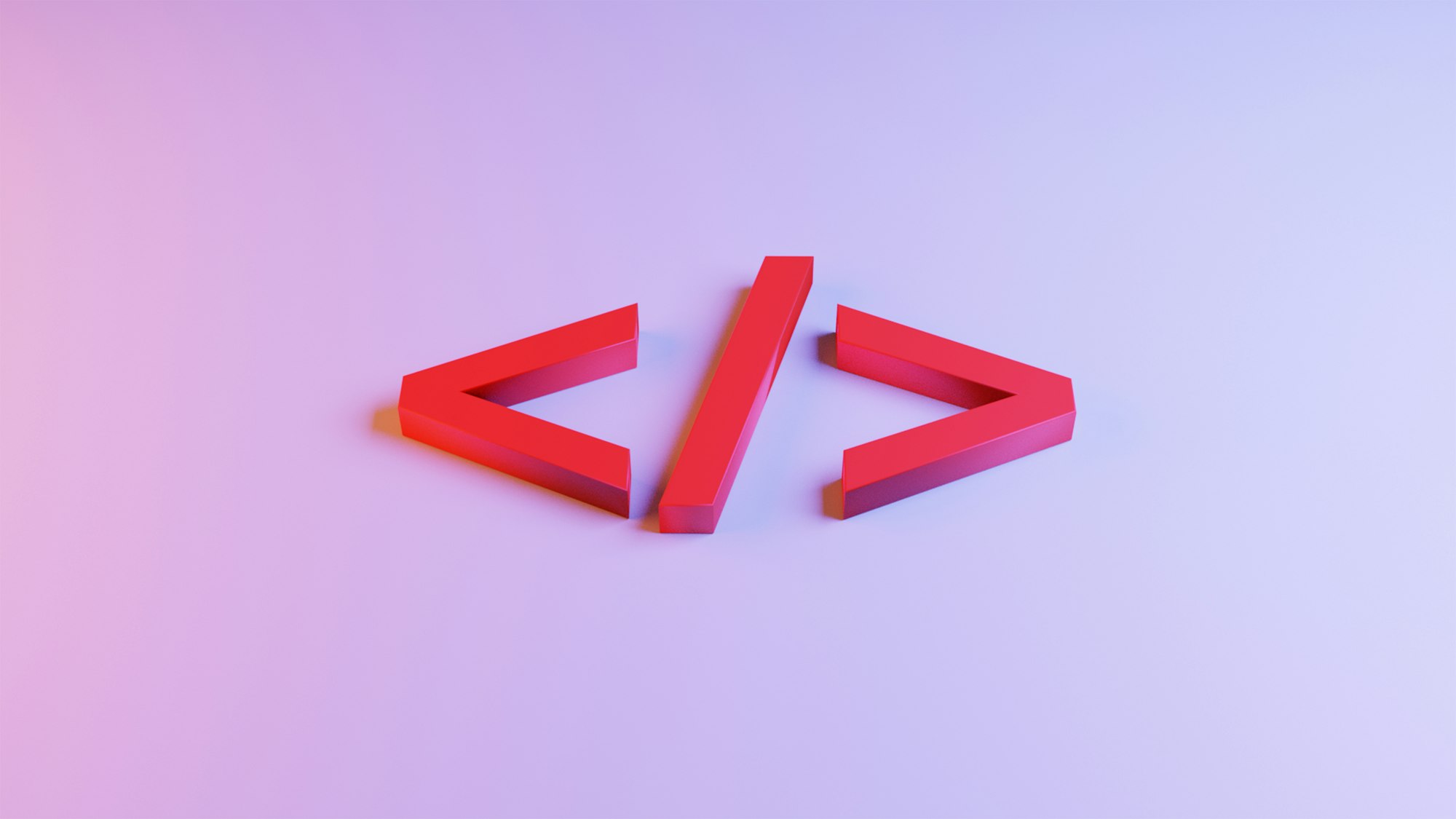Puppeteer waitUntil Options
Puppeteer has an option called waitUntil where you can pass in several options. These options change the behavior of how and when it will complete the rendering of your page and return the results.

Do you need to convert HTML to PDFs or images while retaining the highest quality? Look no further than cloudlayer.io, a service that uses a customized version of Puppeteer to render HTML and websites for high-fidelity results. In this blog post, we'll discuss the best way to ensure your content is fully loaded before outputting it as a PDF or an Image using Puppeteer.
Why Puppeteer and Chrome for HTML conversion?
At cloudlayer.io, we've chosen Puppeteer and a headless version of Chrome for our conversion service because of their unparalleled performance, resilience, scalability, and customization capabilities. Puppeteer excels at rendering even the most complex HTML, Javascript, and CSS, ensuring the highest quality conversion results.
Dealing with content loading challenges
load- navigation is finished when the load event is fired.domcontentloaded- navigation is finished when the DOMContentLoaded event is fired.networkidle0- navigation is finished when there are no more than 0 network connections for at least 500 ms.networkidle2- navigation is finished when there are no more than 2 network connections for at least 500 ms.
Choosing the right waitUntil option
networkidle0is best suited for SPA-based applications or applications that close connections when finished, such as those using fetch requests.networkidle2is ideal for pages using streams or long-lived connections, like polling or background tasks involving network connections.
Addressing common edge cases
Some edge cases require additional workarounds, such as:
- Lazy-loaded images
- Lazy-loaded content based on scrolling position
- Videos or animated content
To address these edge cases, you can use the following techniques:
- For lazy-loaded images and content, simulate scrolling the page to the end and then render the result. Combine this approach with
networkidle0ornetworkidle2for optimal results. Be cautious with infinitely scrolling sites, as excessively large renderings may cause memory exceptions. Implement techniques to prevent this or consider using cloudlayer.io, where we've already addressed these challenges.
Example: If you are using cloudlayer.io we have a feature called autoScroll which will simulate scrolling the page, which triggers lazy-loaded elements to render. Combine autoScroll with networkidle0 or networkidle2 for the best results, although there's no guarantee due to varying scenarios.
Conclusion
Puppeteer and Chrome offer a powerful and versatile solution for converting HTML to PDFs and images while ensuring high-fidelity results. By understanding the various waitUntil options and addressing common edge cases, you can achieve complete content loading for your conversion needs.
Try cloudlayer.io today
Now that you know how to use these options, sign up for a free account at cloudlayer.io and start using our Puppeteer-backed API endpoints for your HTML to PDF and image conversion needs. Our service handles all the intricacies for you, so you can focus on delivering exceptional content.
Earn a 50% lifetime commission by promoting our innovative API service for image and PDF generation. It's free to join, and with a 90-day cookie window, your earnings potential is exceptional. Don't miss out, sign up now!
Related Blogs



